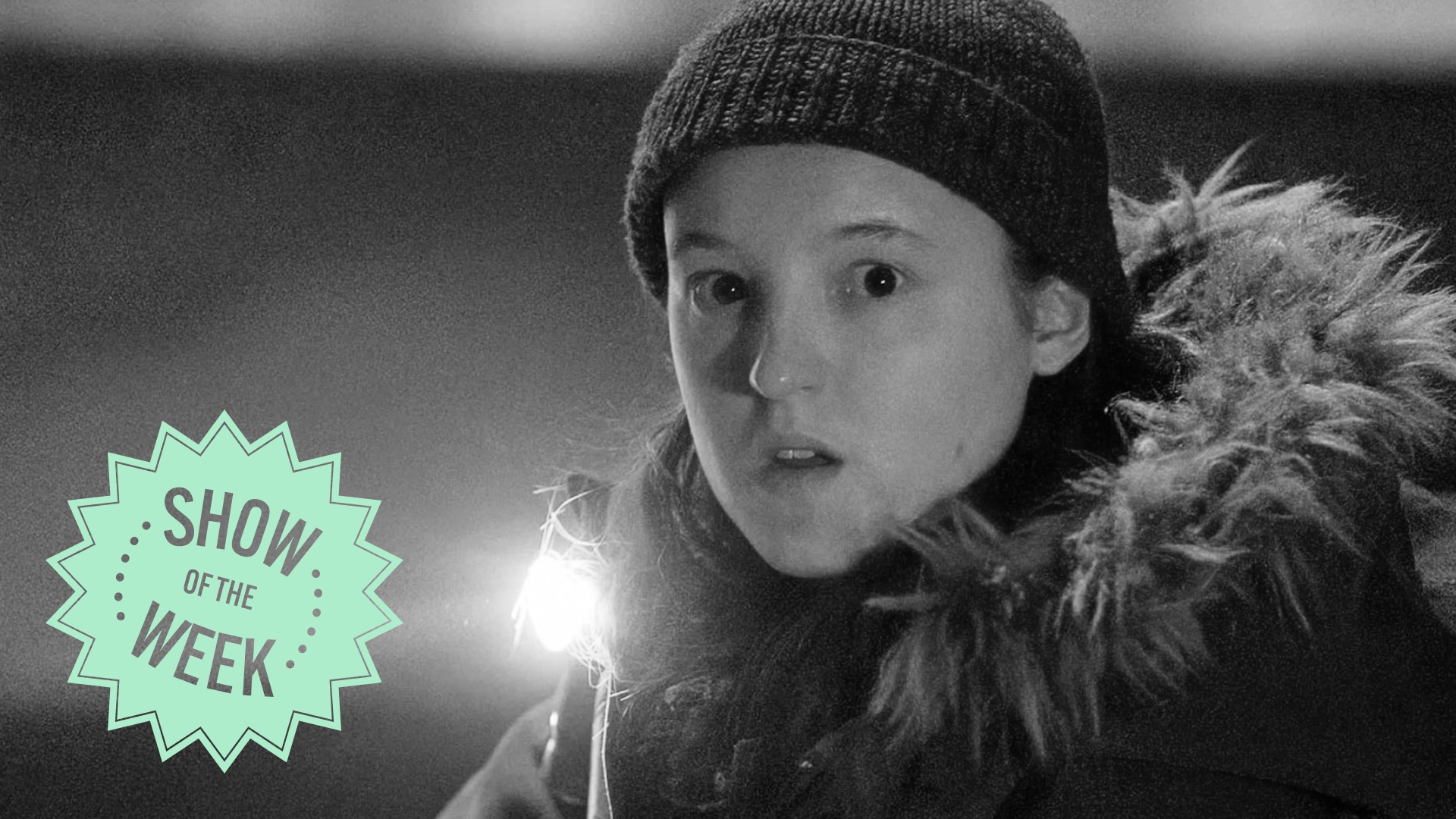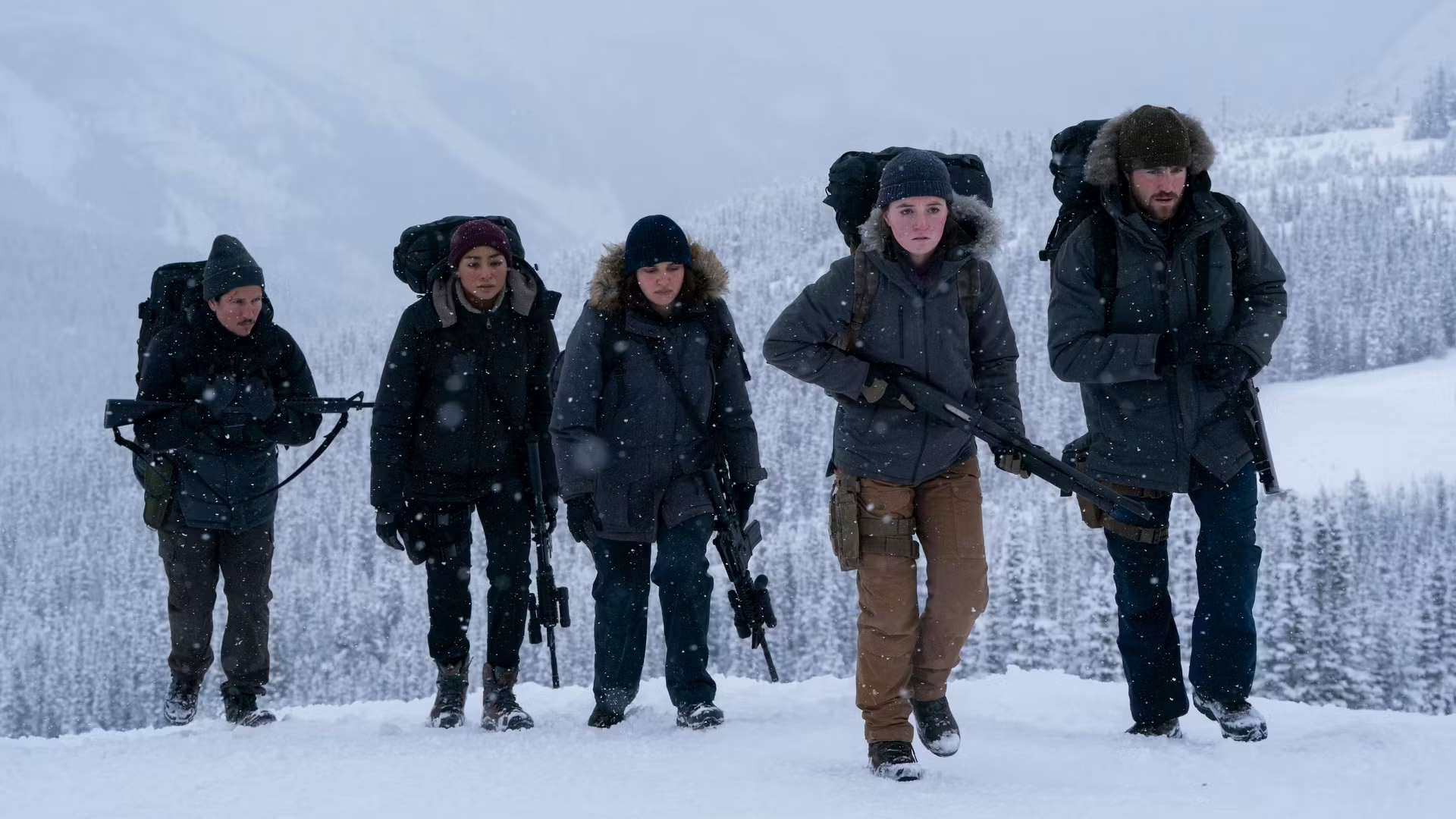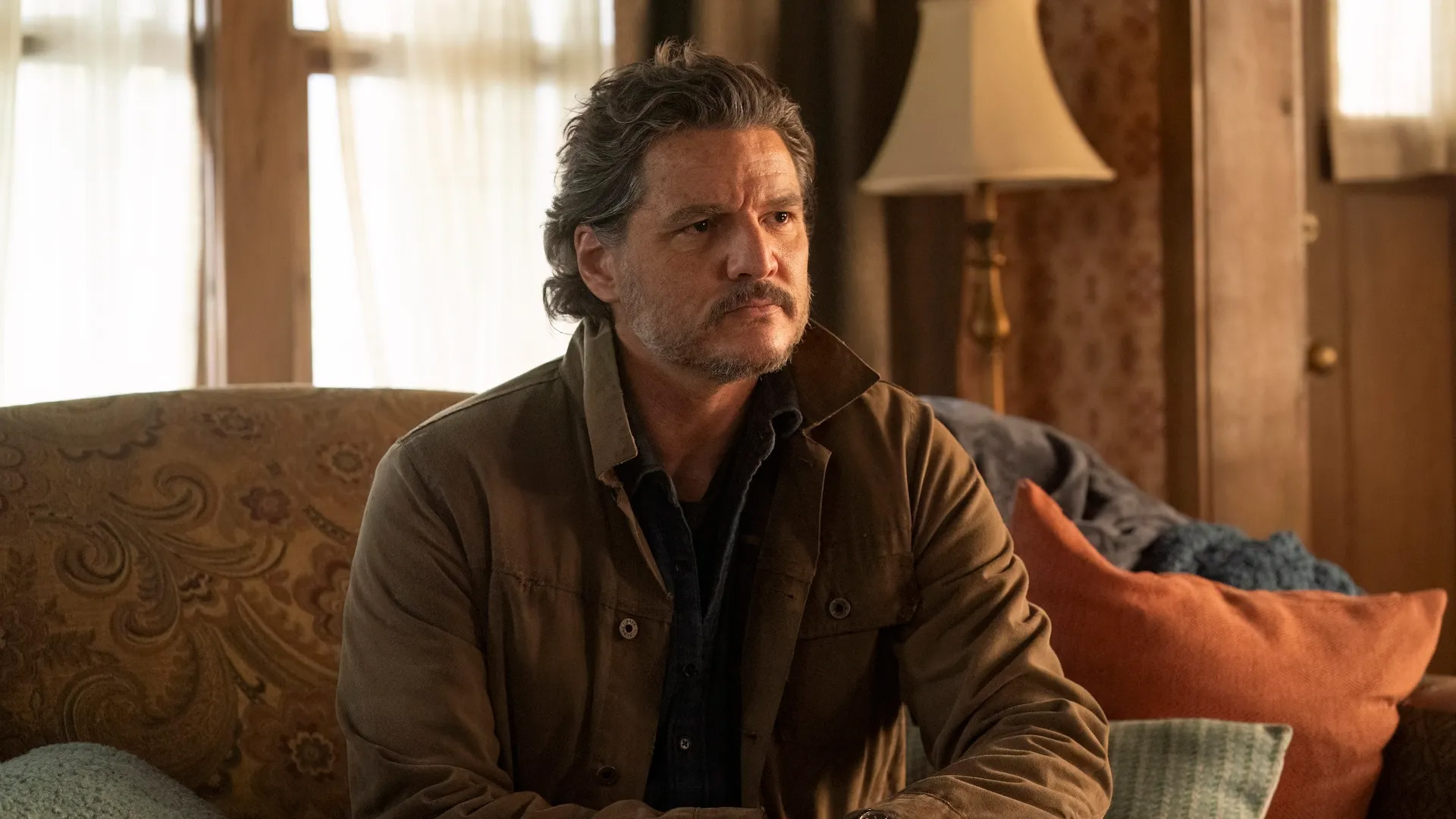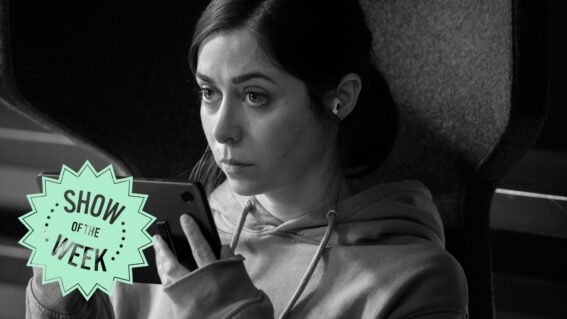All’s normal (except it really, really is not) in first ep of The Last of Us

Clarisse Loughrey’s Show of the Week column spotlights a new show to watch or skip. This week: The Last of Us returns for season two.
The hard lesson of our era is how unnervingly easy it is to find normalcy while the world outside our window burns. In episode one of season two of The Last of Us, HBO’s hit adaptation of the hit video game, we revisit Joel Miller (Pedro Pascal) and Ellie (Bella Ramsey) five years after the former rampaged through a hospital in order to save the latter, staining its walls with blood and birthing a lie they can never come back from.
Joel killed them all because he knew Ellie, born immune to the Cordyceps infection that has ravaged the world, would die in the doctors’ search for a cure. So, he told her that she wasn’t the only one. That there was no hope. That others were responsible for the massacre. Ellie knows, deep down, these are all lies. Yet, she can’t bear to confront him about it. So, instead, they choose to simply live on as before.
There’s a miserable, brutal road ahead in season two. Fans of the games—the series has moved on, now, from the first instalment to the second, which will be spread across two seasons—already know this. I’ve tried neither because, while I love horror films, I can’t abide by how horror games expect me to be personally responsible for a character’s phantasmagorical torture. Still, I’ve spent enough time on the internet to know exactly how bad it can and will get.
Season two’s opener is effective because it’s able to point to something ominous headed over the hill without spraining its neck. There’s the obvious vengeful fury in the eyes of new player, Abby (Kaitlyn Dever), who we first find knelt in front of a grave, a thought fermenting into venom behind her eyes. “When we kill him,” she announces. “We kill him slowly.” We can tell the man she’s talking about is Joel because she’s forced to pause her description of a taller, older man to note that he is, yes, quite handsome. Facts are facts even when it’s Pedro Pascal who just ruined your life.

The Cordyceps, too, of course, are still happily on their path of total obliteration. Those are the obvious threats. What’s quieter, and all the more disconcerting, is the way we can feel the burden of that secret drive Joel and Ellie further and further away from each other.
They’ve tried to file it away as a standard symptom of Ellie’s growing pains. She’s just a rebellious young adult (19, to be exact), testing the limits of her adoptive father’s influence. It has to be that, not the choice Joel made, which he believes he did out of love, but one might suspect was made out of a fear of grief. At least they’re in relative safety now, off the open road and living in a mountain community in Wyoming with Joel’s brother Tommy (Gabriel Luna) and his sister-in-law Maria (Rutina Wesley).
And Joel’s in therapy with the only therapist in town (Catherine O’Hara’s brilliantly acidic Gail). It sounds good—miraculous, even!—until you realise it’s just another avenue for him to pretend his problems are just those of the average dad, and not a serial murderer living in a mushroom apocalypse.

But something’s off in the room. First off, the therapist accepted a bag of weed as payment. Then she hits him with: “Say the thing you’re afraid to say.” Another secret’s in this room, with them. The whole community is nothing but secrets. All is normal, Ellie’s merely another young woman with a crush on her best friend (Isabela Merced’s Dina), only when we first see her, she’s choking out a man with her thighs. All is normal, only there are survivors at the gates begging to be granted sanctuary. All is normal, only Tommy’s idea of bonding with his niece is taking her out to snipe the infected.
The tension here works, crucially, because Ramsey and Pascal are working from the same nuanced, emotionally intelligent playbook. They’ve broken their respective characters down into their layers of history and made sure audiences can sense each of them at any given moment: the kind, innocent people they once were; the empty husks that grief has carved them into; the weapons their need for survival have forced them to become; the illusion of innocence they perform each day just so they can stomach their own lives.
Ramsey is able to shift their features from bright-eyed to ice-cold in an instant. Pascal lets his lip tremble as buried emotions start to rumble like a volcano. When all the shit finally hits the fan, as we’ve been warned, it’s all those little moments that will only make the horrors hurt all the more.



















